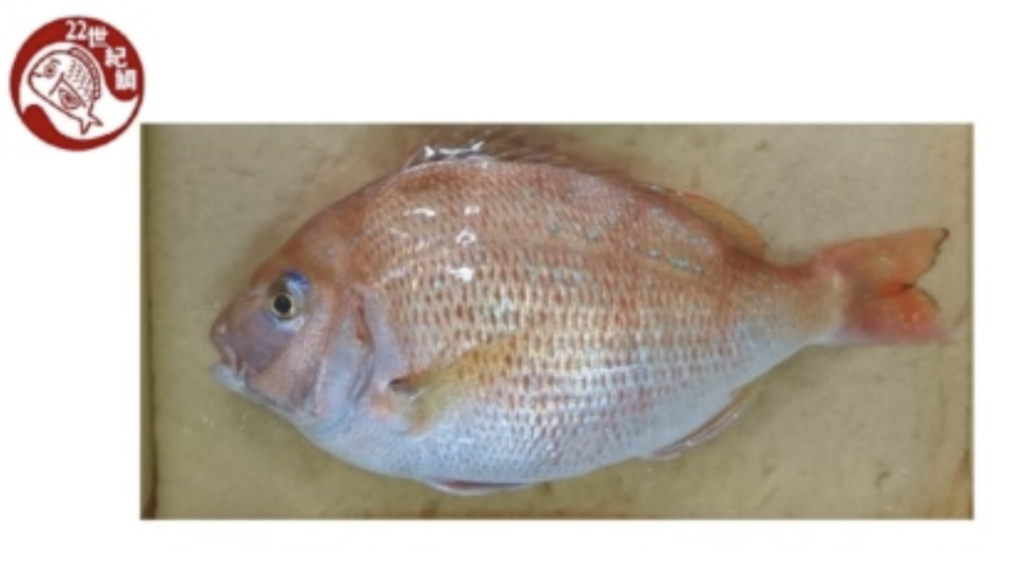In the red sea bream, 14 bases of the myostatin gene suppressing muscle hyperplasia were deleted, using CRISPR/Cas technology. The average amount of the edible portion was increased about 1.2 times, and the ratio of weight gain to ingested feed improved by 14%. Since the bone volume is reduced by about 31%, it is thought that the energy to make bones goes to the muscles. Pertinent research was done at Kinki University and Kyoto University, and commercialization is by Regional Fish https://regional.fish/en/, started by crowd-funding. The Ministry of Agriculture and Fisheries confirmed that the fish is not subject to the Cartagena Law, and the the Ministry of Health, Labor and Welfare confirmed that the fish conform to the Food Sanitation Law. Within a crowdfunding campaign, three types of red sea bream food are presently offered, with prices ranging from 10,000 yen to 15,000 yen for single items and 30,000 yen (77 – 230 €) for a three-item assortment. In addition to red sea bream, Regional Fish Co. plans to develop and market new varieties of marine products such as fish and crustaceans improved by genome editing.
This is the second report of genome-edited foods in Japan, following tomatoes with increased GABA content after deleting a decarboxylase gene, developed and marketed by Sanatech Seed, a startup from the University of Tsukuba.
Nikkei Biotech news release, September 21, 2021

